Taking a humane look at cosmetics
By Xu Wei and Zhang Lei in Beijing ( China Daily ) Updated: 2013-12-20 08:48:44
|
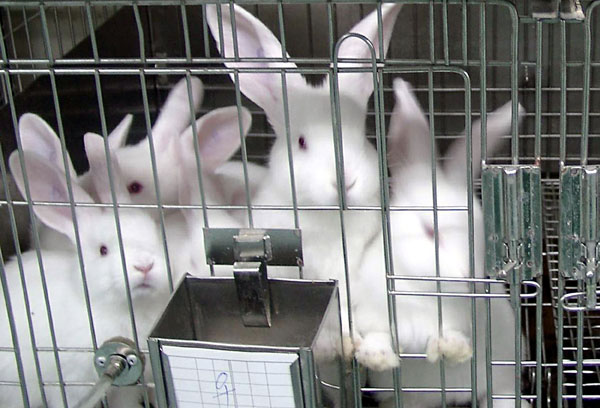 Rabbits are often used as test subjects for cosmetic products.[Zhang Jie / for China Daily] |
Cruelty-free cosmetics
Many cosmetics companies warmly greeted the proposal to phase out mandatory animal tests among Chinese producers.
"We know that many Chinese people have already tried Lush products and liked them, so we would love to be able to sell in China," said Jones from Lush Retail.
The Body Shop also welcomes the signals from the Chinese authorities and looks forward to selling its products in China one day, company spokeswoman Louise Terry told CNN.
However, the companies insisted they would not make their products available in China until the requirement for mandatory animal testing is abandoned.
If it comes to pass, the move could also be instrumental in allowing Chinese cosmetics to be marketed in Europe. The regulatory requirement for animal-based tests have long been an obstacle to that ambition, according to Peter Li, Humane Society International's China policy expert, who said the society has been in contact with the CFDA since June 2012, most recently in September.
"We tried to convey the following message: China can regard the adoption of the established non-animal testing methods used in the European Union as a way of reducing costs, reducing animal suffering, and addressing the loss of market access for Chinese cosmetics," he said.
However, a total ban on animal-based tests proposed by some producers and animal rights groups has drawn criticism, even within the EU.
Cosmetics Europe, a trade association that represents the interests of the European cosmetics industry, said the ban is potentially harmful.
"By implementing the ban at this time, the European Union is jeopardizing the industry's ability to innovate, particularly for SMEs (small and medium-sized enterprises)," said Bertil Heerink, Cosmetic's Europe's director general, in a statement at the time the ban came into force.
While Chinese researchers have long studied ways to improve the welfare of laboratory animals, most of the work has been aimed at providing better living conditions, thus reducing the animals' stress levels and improving the accuracy of the results, according to experts.
"The animal welfare we are conducting is entirely different to that of animal rights groups who hold up banners to protest testing on animals," said He in a 2011 interview.
"They (the protesters) are doing this from the angle of extreme animal rights and they show an utter disregard for scientific development. From our point of view, improving animal welfare is a service to scientific development, because animals that live in a filthy environment with poor nutritional conditions will not provide accurate test figures," he said, adding that the test methods used in China must accord with the rest of the world if the results are to be universally acknowledged.
While the proposal to end animal testing has raised concerns among consumers about the safety of the alternative methods, Jiao noted that all the ingredients have already undergone safety tests and most of the products can only be distinguished from one another by the proportions in which the ingredients are used.
"Even after animal testing, cosmetics can't be guaranteed 100 percent safe," she said. "The results can only be assessed from the reactions of the majority of users and, of course, reactions may differ among individuals."
Contact the writers at xuwei@chinadaily.com.cn and zhanglei@chinadaily.com.cn
|
|
|
|
|
|
|
|

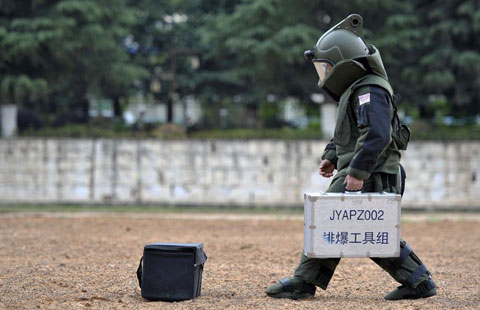

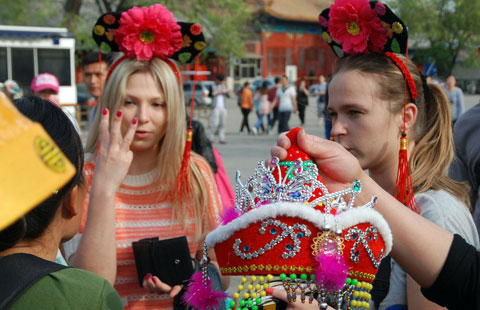



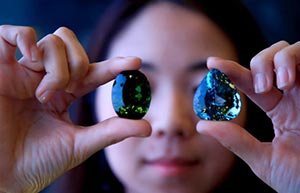
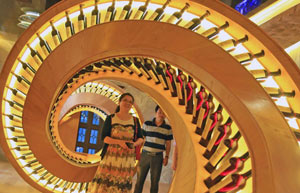

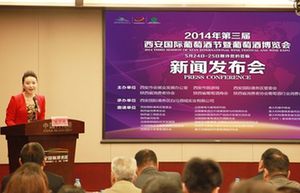







 Op Rana
Op Rana Berlin Fang
Berlin Fang Zhu Yuan
Zhu Yuan Huang Xiangyang
Huang Xiangyang Chen Weihua
Chen Weihua Liu Shinan
Liu Shinan